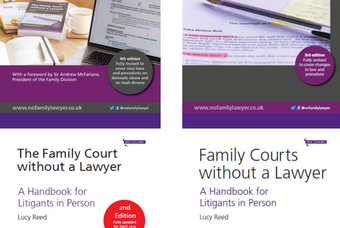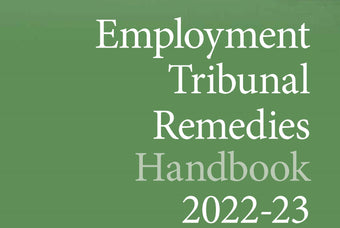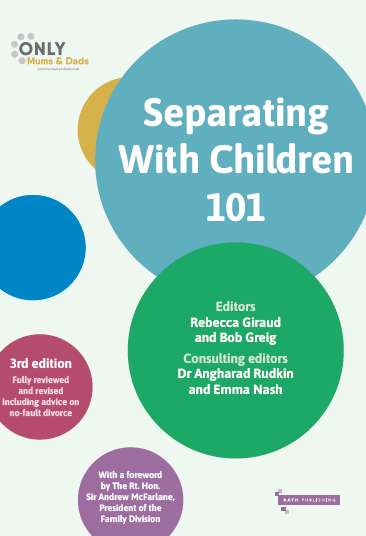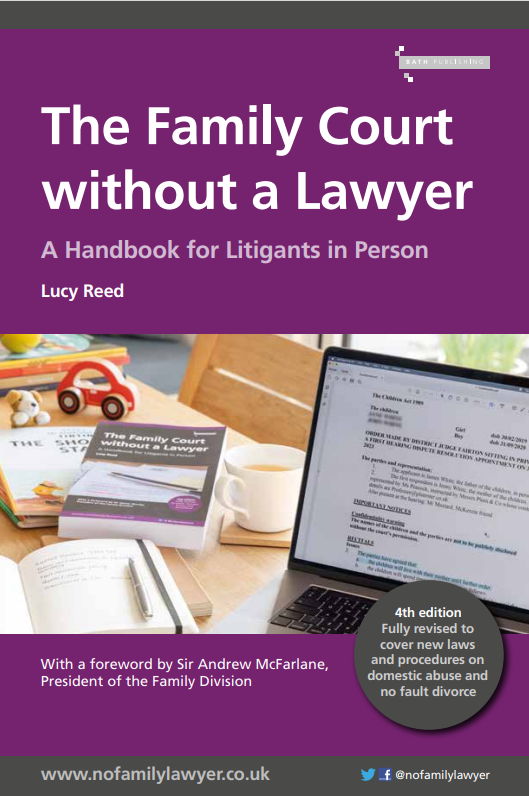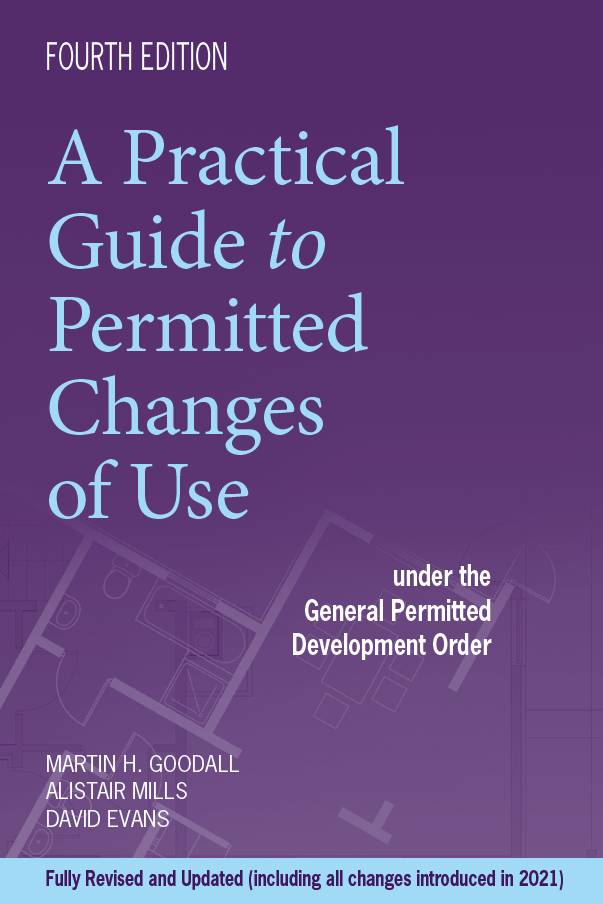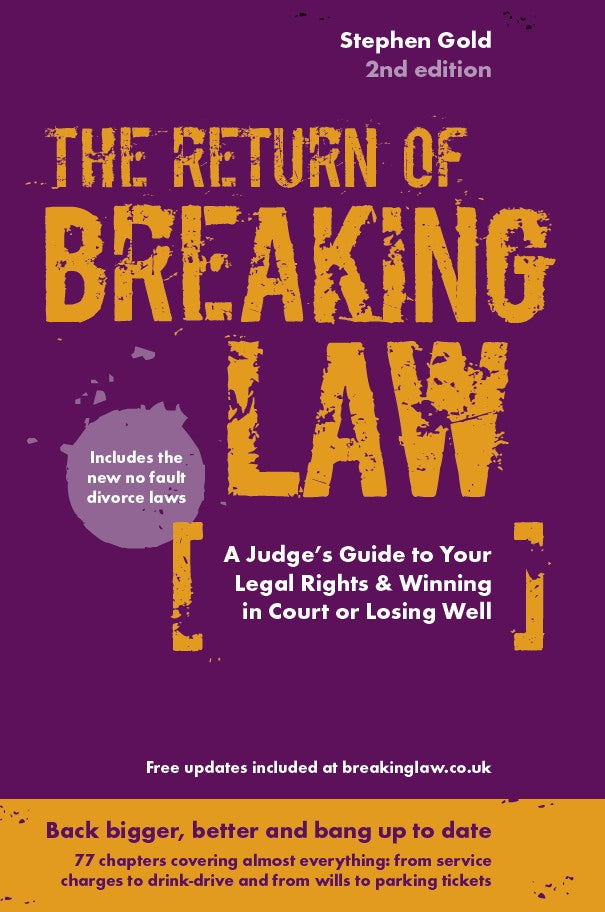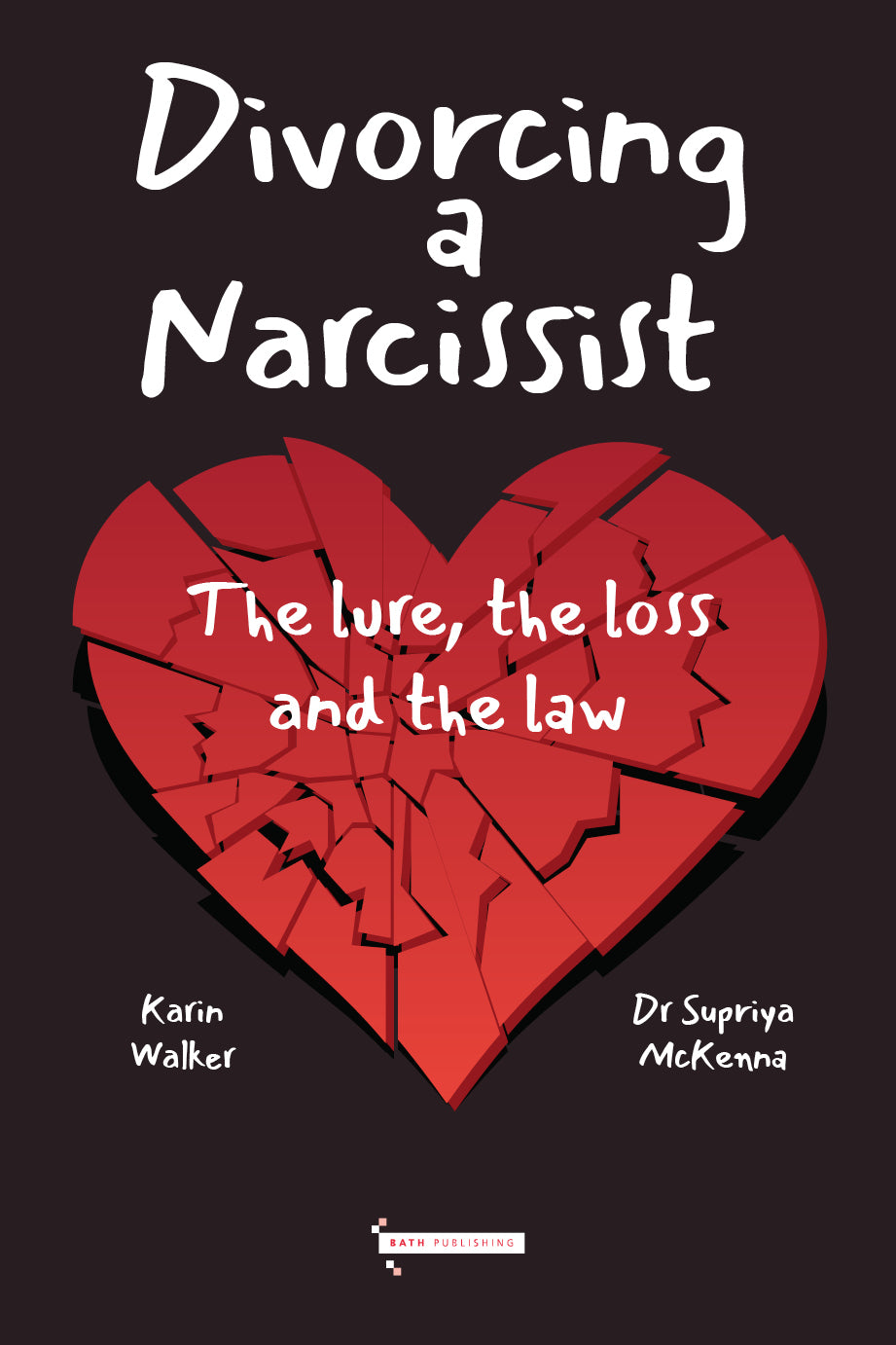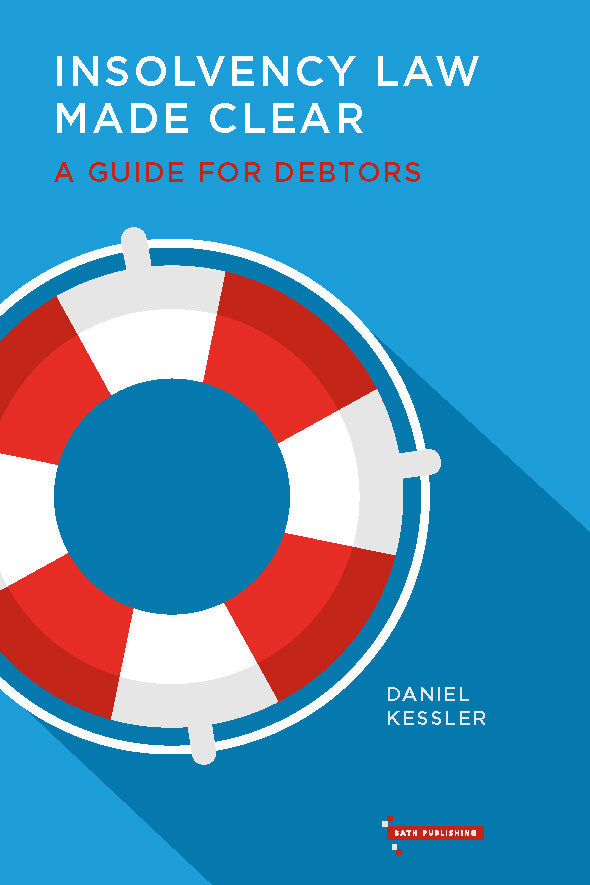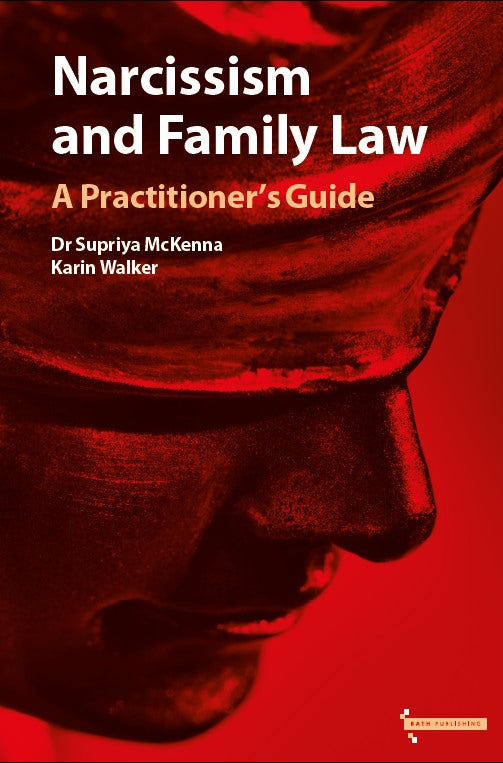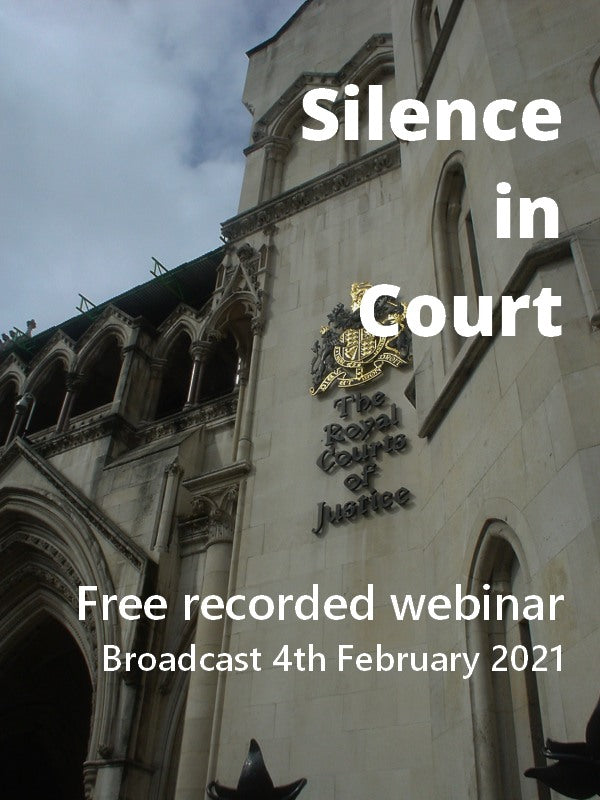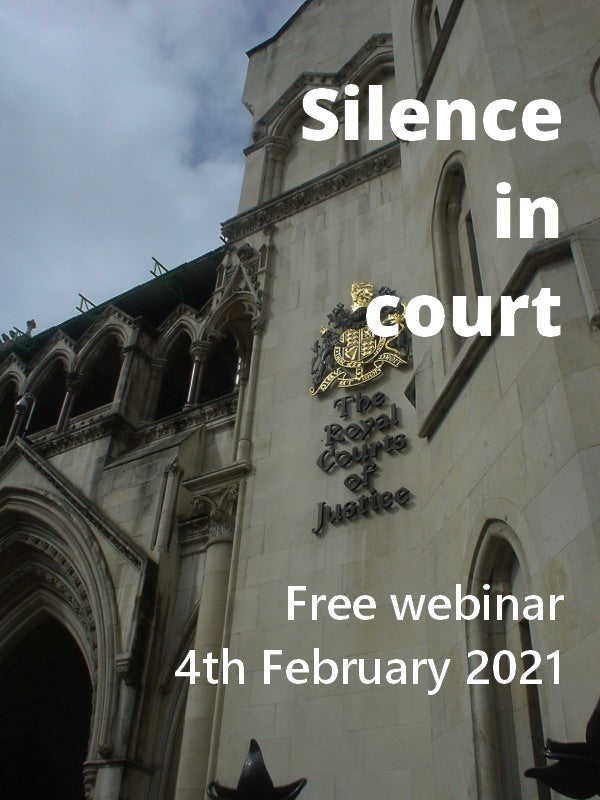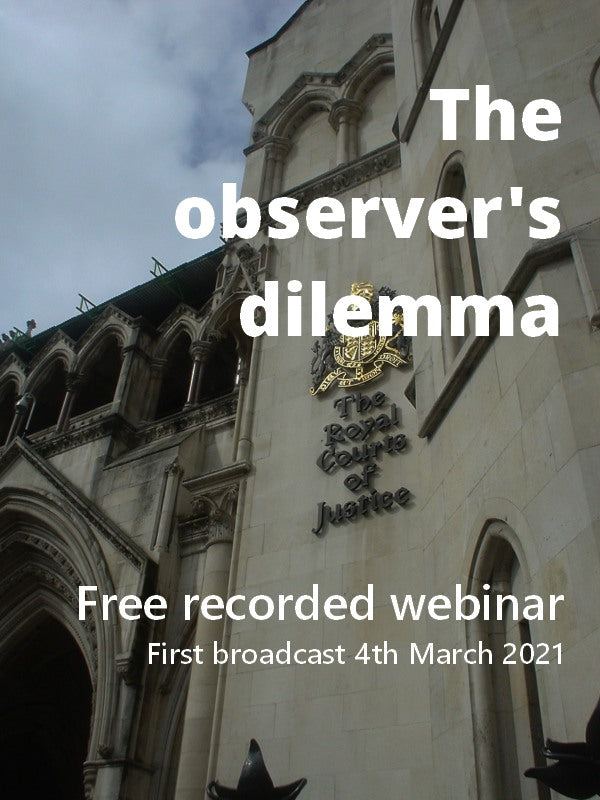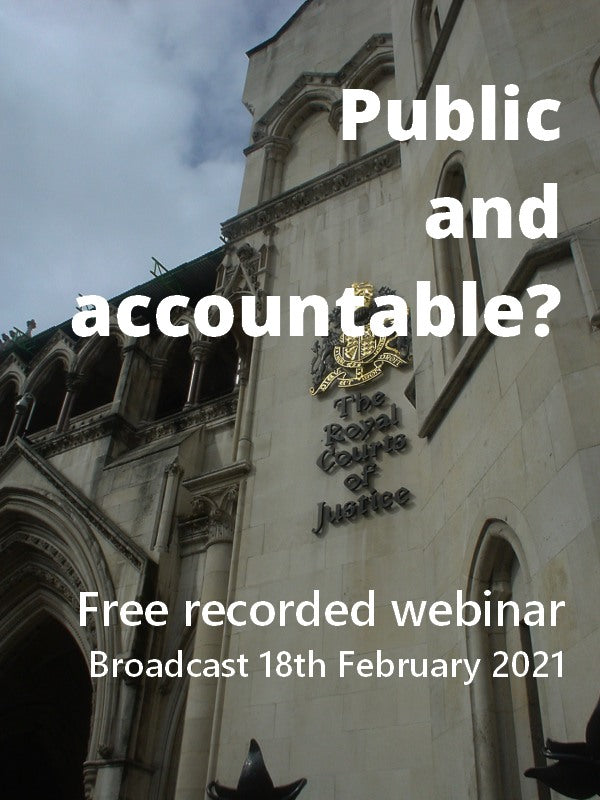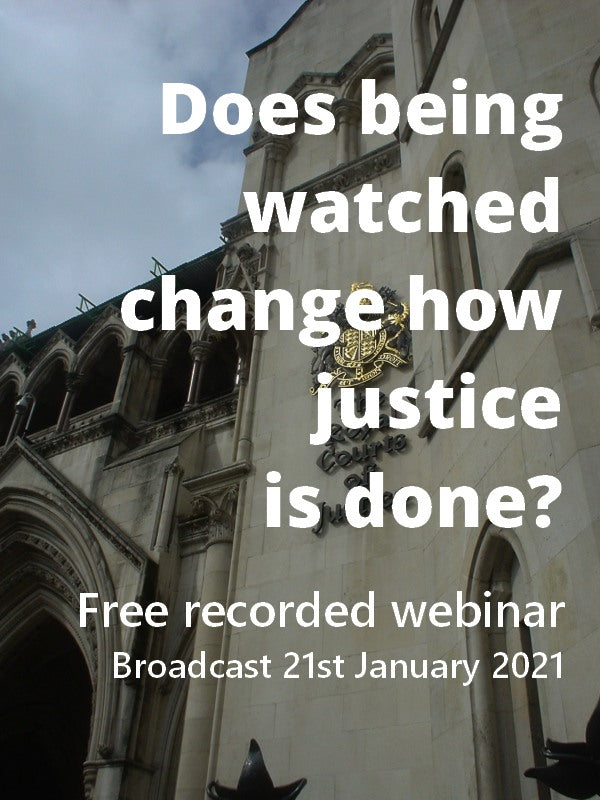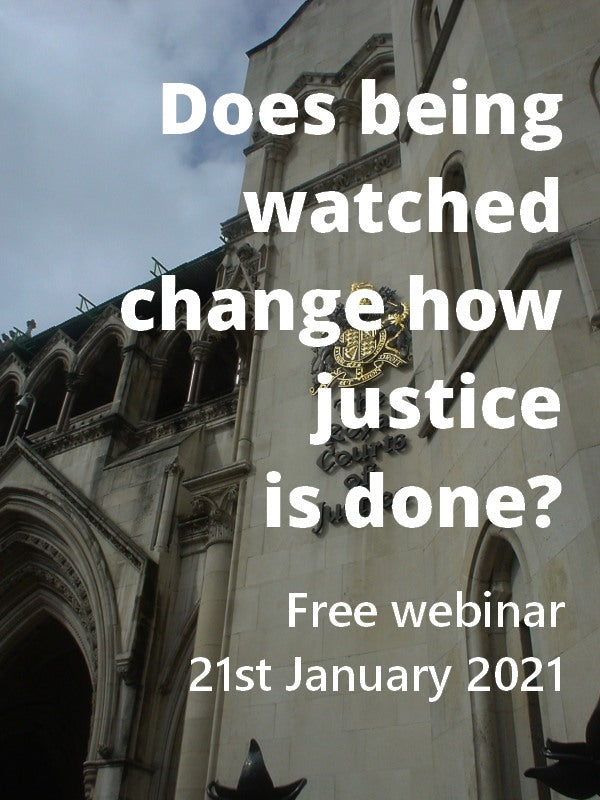This blog post is one of a series of extracts from Insolvency Law Made Clear: A Guide for Debtors, the plain English, practical guidance for anyone facing demands over a debt they are struggling to pay.
------------
There is no concept in English law of a ‘common law wife’, i.e. that by living with a partner for a long period of time, someone can acquire legal status akin to that of a husband, civil partner or wife. The law does not recognise the development of stable long term relationships outside of the formal marriage/civil partnership process.
It may be sensible for the partner of someone with serious debt problems to get married in advance of any bankruptcy proceedings. Note that s336(1) of the Act provides that nothing occurring between the presentation of the bankruptcy petition and the making of a bankruptcy order can give rise to any home rights under the Family Law Act 1996. This means that it is too late to get married after the bankruptcy petition is presented (at least for the purposes of remaining in the property).
For a couple facing eviction this is very serious. There is a notice period required before couples can get married, either religiously or civilly. The precise waiting period depends upon the type of marriage. For a civil ceremony, it is a minimum of 28 days of notice (see s31(1) of the Marriage Act 1949). This means that waiting for the statutory demand to come may be too late, since a petition can be presented 21 days later. This period is unlikely to be waived by applying to the Registrar General: rules concerning waiver of the notice period apply to matters like mortal illness. A foreign wedding would be recognised under English law if it was legal in the place it was celebrated, which might be an alternative for some couples.
There are criminal offences which can be committed in relation to marriage, for example by making a false declaration relating to a marriage (see s3 of the Perjury Act 1911). These are not committed by a couple who decide to formalise their pre-existing relationship, even if it is done primarily for the positive legal consequences that marriage brings.
-----------






